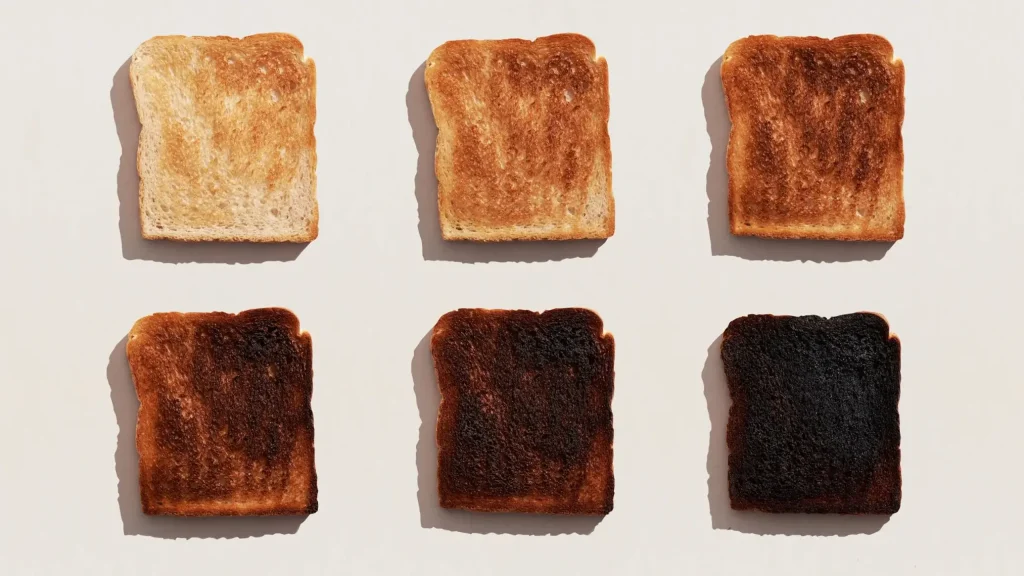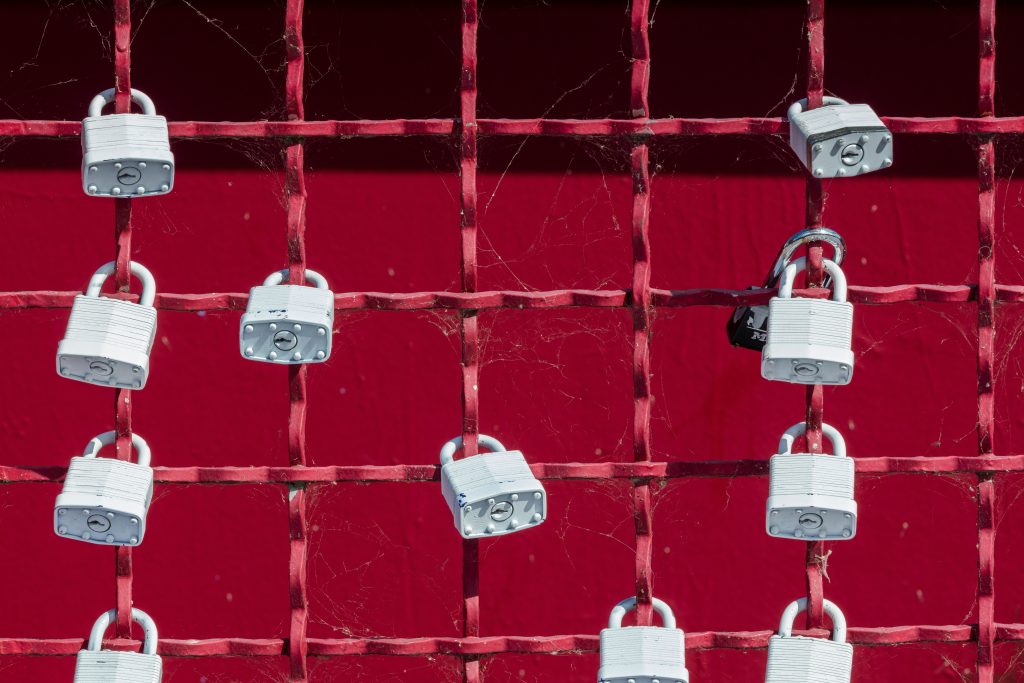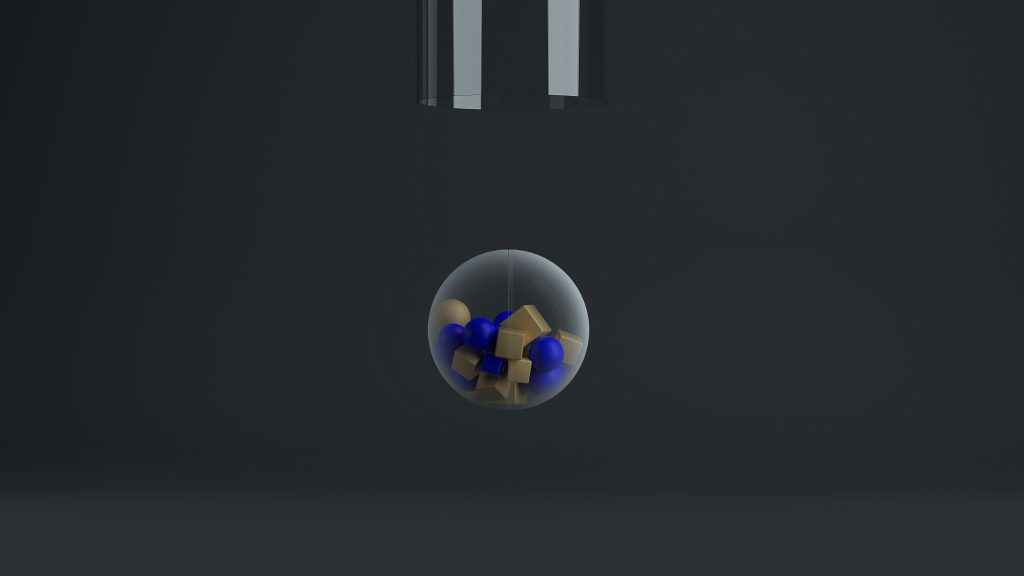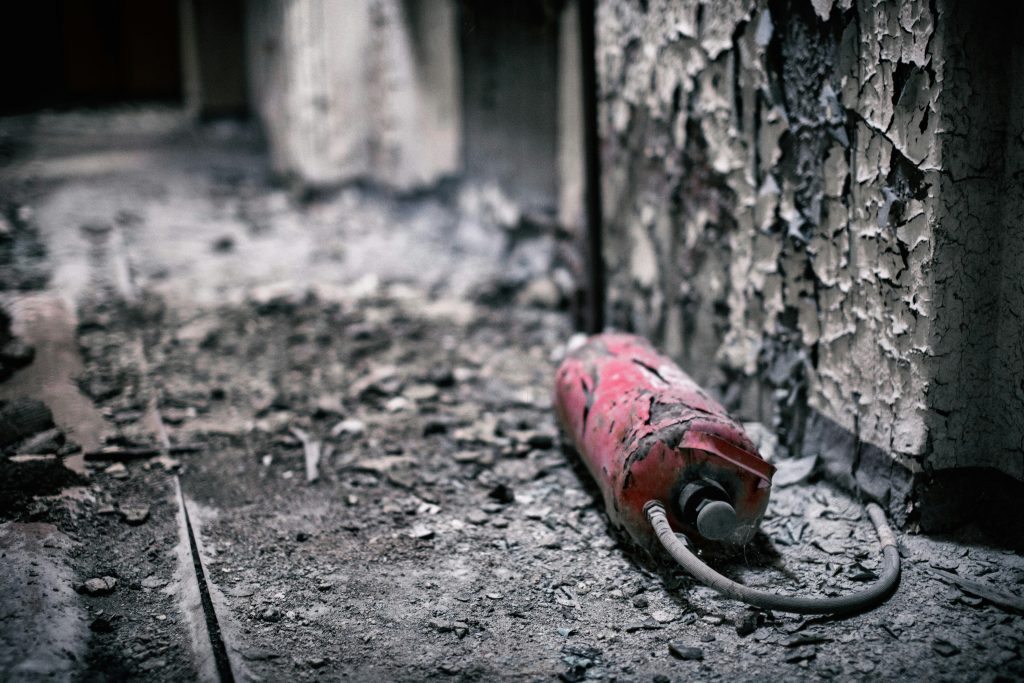
Serein Inclusion Team
3 min read
What we see online often plays a key role in breaking the mould of stereotypes. TV Shows have pushed forth in this domain, be it through the Chess masterpiece in the Queen’s Gambit or the Urdu dramedy in Chudails.
- All
- People and culture
- Domestic violence
- Life at Serein
Recent PILs seek IC member protections from defamation suits & employer retaliation, recognising their quasi-judicial role under PoSH.
Section 14 penalises malicious complaints (not unproven ones). Proving intent to harm is essential - mere lack of evidence doesn't imply falsity.
Emotional masking – hiding true feelings at work – is exhausting & isolating. Cultures valuing psychological safety allow authentic expression, boosting wellbeing & trust.
Burnout reshapes the brain: chronic stress impairs memory, focus & emotional regulation. Protecting mental health protects cognitive function & performance.
Hybrid work blurs lines, increasing burnout risk. Combat it with clear boundaries, respecting off-hours, flexible schedules & fostering connection beyond tasks.
Burnout recovery is personal. Key strategies: disconnect truly, prioritize rest, rediscover joy outside work, set firm boundaries & seek professional support if needed.
Workplaces often overlook emotional wellbeing, yet fostering psychological safety boosts engagement and productivity.
Overcoming self-doubt requires recognising achievements, reframing thoughts and seeking supportive mentorship. This is how:
Marginalised groups face heightened imposter feelings due to systemic biases and lack of representation. How can we combat it?
Women disproportionately experience imposter syndrome, worsened by gender stereotypes and workplace barriers. Here’s why:
Human oversight, diverse training data and ethical frameworks are crucial to prevent AI discrimination. How?
Fear of stigma, career penalties and lack of support deter employees from disclosing disabilities. Can we stop this?
Silence around domestic violence hurts workplaces too. Recognise signs, offer safe support systems & flexible policies to help survivors heal & retain employment.
India’s Domestic Violence Act protects both parties in live-in relationships. Understanding this legal recognition is crucial for safety & seeking rightful recourse.
Cinema often sensationalises domestic violence. Responsible storytelling should highlight realities, survivor strength & pathways to support, not perpetuate myths.
Gaslighting is psychological abuse making victims doubt their reality. Recognise manipulation tactics, trust your instincts & seek support to break free from this.
Women have the right to protection orders, residence, monetary relief & legal aid under India’s Domestic Violence Act. Knowing these enables survivors to be safe.
Consent & boundaries are key. Domestic violence shatters both. Rebuilding starts with respecting autonomy & recognising coercive control as a violation of rights.
A break doesn’t break your career. With patience, purpose, and a little ‘me time,’ a restart can be a reinvention – on your terms, in your time, with confidence.
Career breaks don’t erase capability. With experience, adaptability, and the right support, women returning to work can lead fast, thrive faster and uplift teams too.






















